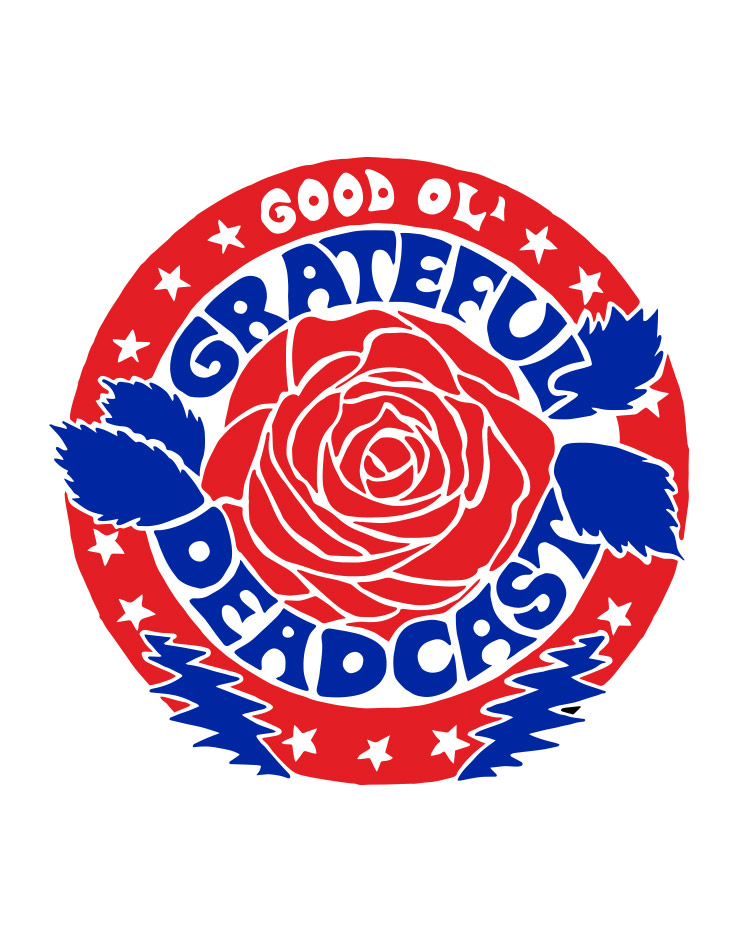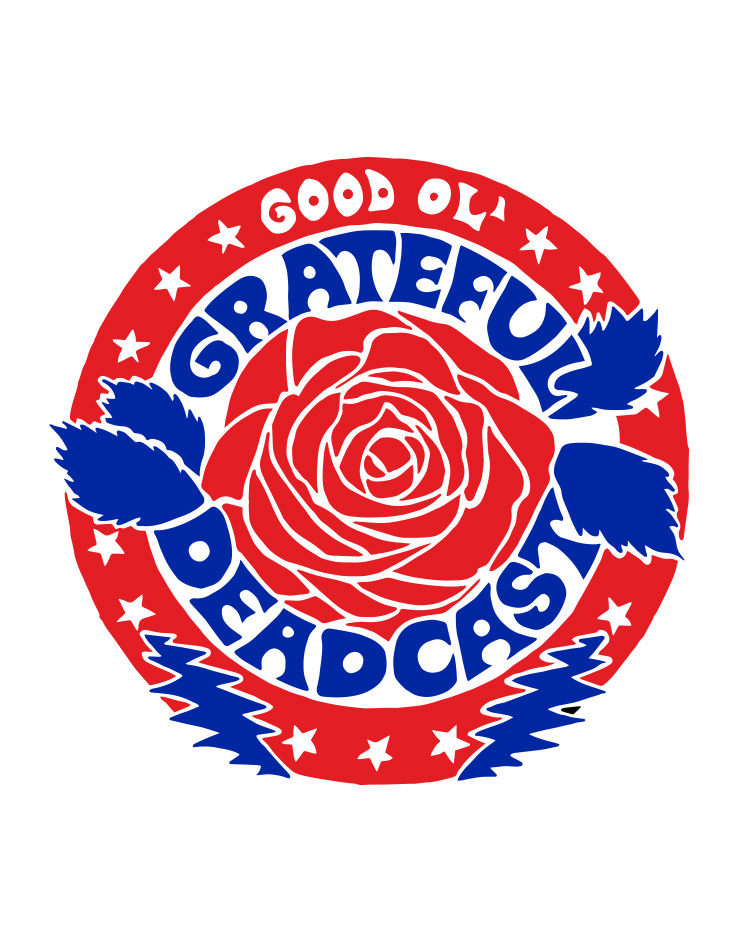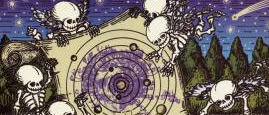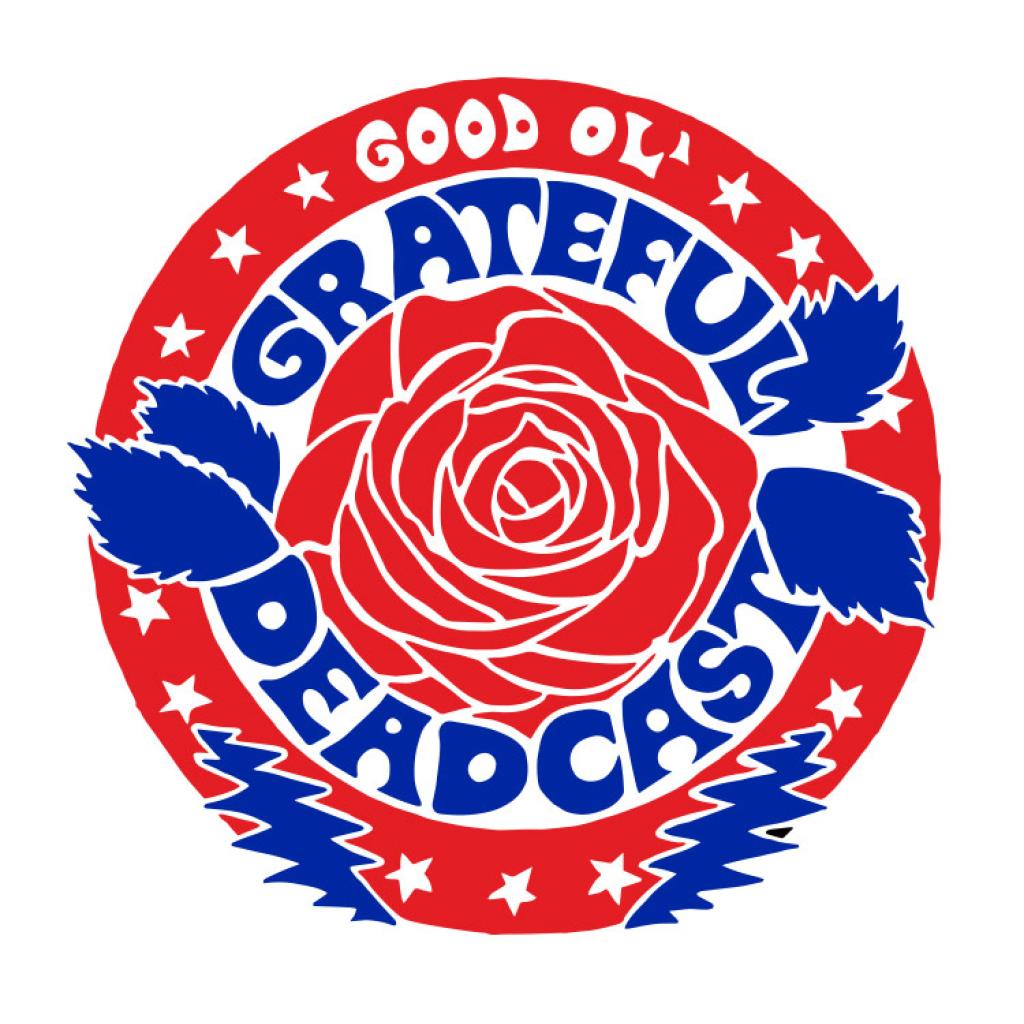We flip sides on the Grateful Dead’s Workingman’s Dead and explore why “Cumberland Blues” is a much stranger song than it might seem, chart the transformation into the so-called Bakersfield Dead, and--in an extended interview--hear how new tour manager Sam Cutler helped the band turn themselves into a real-life workingman’s Dead during one of the most tumultuous and pivotal moments in their history.


Cumberland Blues supplementary notes
By Jesse Jarnow
On “Cumberland Blues,” we hear the birth of what Jerry Garcia would call the Bakersfield Dead, a new country-influenced period for the group that would carry them through the early ‘70s. But it started gradually, with the first 30 seconds of the first side of Side B of Workingman’s Dead.
Shaugn O’Donnell, a musicologist and chair of the music department at the City College of New York, recently wrote “Workingman’s Dead?” an absolutely mind-bending scholarly paper about the birth of the Bakersfield Dead and the strangeness of “Cumberland Blues,” both its odd transitions and its overall construction. I heard Shaugn present his paper in February at the annual Grateful Dead scholars conference in Albuquerque, one of my favorite places in the universe.
Shaugn and others have suggested that the Bakersfield Dead period began when Jerry Garcia shifted to the use of Fender Stratoecasters. Using Michael Clem’s Jerry Garcia Instrument History, we can pinpoint that to October 1969, just two weeks before the debut of “Cumberland Blues.”
Tour manager Sam Cutler, perhaps the person most responsible for turning the Grateful Dead from a small beloved band into an enormous beloved band, has his own enormously charming memoir about his time working for the Dead and the Rolling Stones, titled You Can’t Always Get What You Want.






